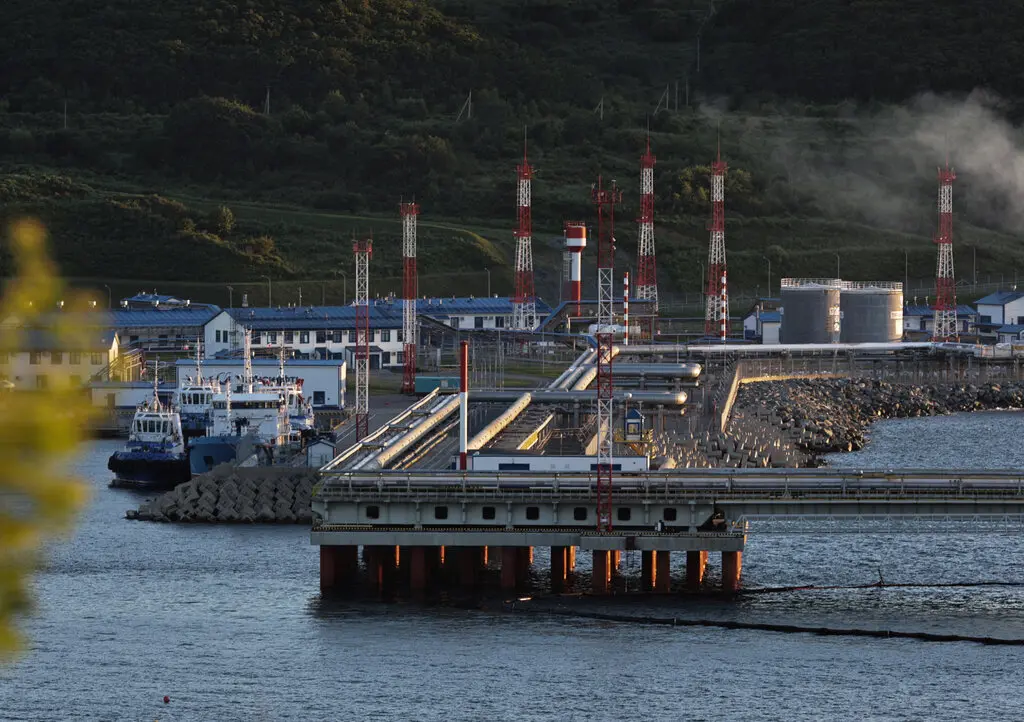EU Caps Russian Oil at $60 Per Barrel
On Friday, the European Union agreed to a $60 per barrel cap on Russian oil after the final holdout, Poland, agreed to the proposal that was drawn up by the G7.

Facts
- On Friday, the European Union agreed to a $60 per barrel cap on Russian oil after the final holdout, Poland, agreed to the proposal that was drawn up by the G7. EU nations will block insurance and shipping companies from transporting Russian oil to third-party countries if they are sold beyond the capped price.
- The deal aims to limit Moscow's revenue from oil sales, which it uses to help finance the Ukraine war, while keeping global crude prices stable. The price cap is designed to allow Russia to continue to supply energy markets while deterring the Kremlin from recouping the full benefit of its sales.
- Initially, theG7 proposed a price cap of $65-70 per barrel with no adjustment mechanism, but since Russian Urals crude already trades lower, Poland, Lithuania, and Estonia rejected that level as not achieving its objective of cutting the Kremlin's revenues. The price cap level will be revised every two months.
- Russian Foreign Ministry spokesperson Maria Zakharova has criticized the price cap by stating: "We have repeatedly said that such measures...are not just a non-market mechanism, this is an anti-market measure that destroys supply chains and can significantly complicate the situation on global energy markets."
- The cap is viewed as geopolitically risky. If the price cap fails or Russia retaliates by stopping oil exports, energy prices worldwide could potentially soar, with cascading effects on US gas prices and global food insecurity.
Sources: Politico, Wall Street Journal, Euro, Tass, and ABC.
Narratives
- Anti-Russia narrative, as provided by Politico. This price cap is a step in the right direction, but sanctions should have been set at $30-40 per barrel for Russia to feel the maximum bite. $60 per barrel is a tick above Russian production costs, so the Kremlin should feel relieved it wasn't more.
- Pro-Russia narrative, as provided by Tass. A so-called "cap" on Russian oil prices is an anti-market measure that destroys supply chains and can significantly complicate global energy markets. It's nothing less than a price dictatorship and Western vengeance. The repercussions of this proposal will be disastrous for everyone.
- Cynical narrative, as provided by The New York Times. Regardless of the geopolitical intentions of the EU and G7, implementation of the price cap could be incredibly complicated to manage. The challenge for the EU and G7 is to make sure the price point is correct because if it's miscalculated, the consequences could be harmful to the entire world economy. All eyes will be on the implementation of this cap in the coming weeks and months.
- Establishment-critical narrative, as provided by Al Jazeera. It's hypocritical to impose sanctions on Russia for invading Ukraine, but not on the US for invading Iraq for equally unjustified reasons, or on Israel for invading and annexing Arab lands.






